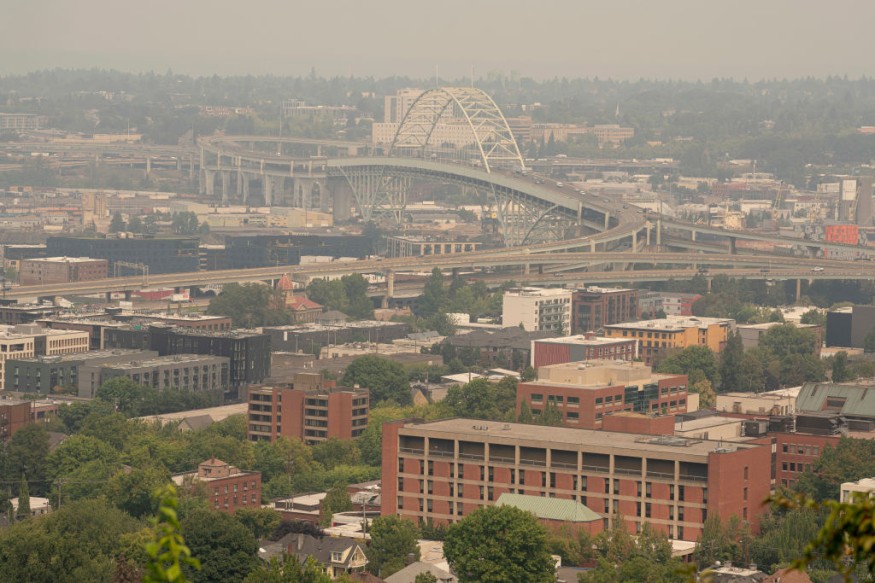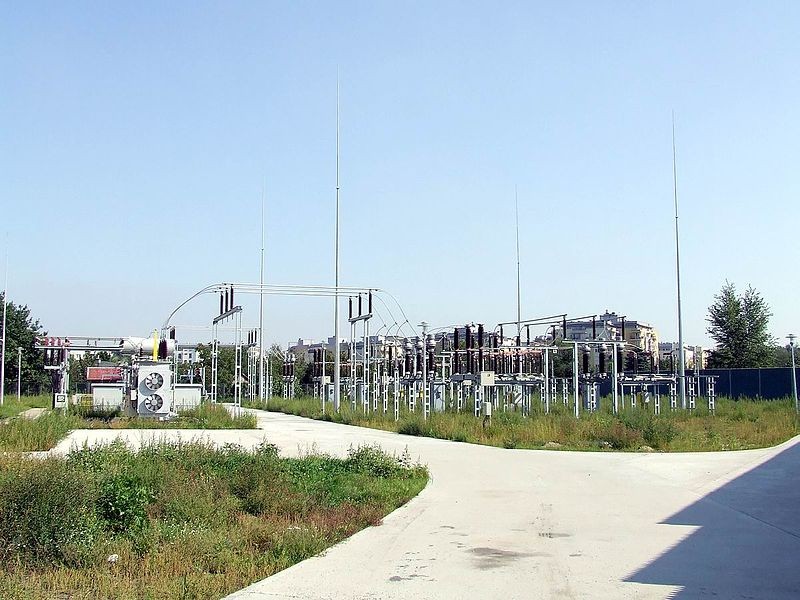Extreme temperatures and prolonged droughts have jeopardized the safety of electricity networks, and this past weekend was another hot and humid day across the United States. According to CBS News, these problems might force the electrical grid to fail this summer, resulting in electricity shortages and blackouts.
Heat Waves and Power Outages

The increasing likelihood of overlapping heat waves and power outages poses a severe hazard against which large American communities are unprepared.
According to a recent study published in the journal Environmental Science & Technology, power outages have grown by more than 60% since 2015, even as climate change has exacerbated heat waves. The scientists projected that a combined blackout and heat wave would expose at least two-thirds of the population in three significant U.S. cities to heat exhaustion or heat stroke using computer models.
Even though each of the cities in the research has designated public cooling centers for persons who require refuge from the heat, the authors discovered that those centers could only handle around 2% of the population, putting the vast majority of citizens at risk.
Assessment
In its 2022 Summer Reliability Assessment, NERC, a governing organization that supervises the condition of the nation's electrical infrastructure, believes that such concerns will lead energy consumption to climb. Meanwhile, the quantity of power available to satisfy that demand will be reduced due to the drought.
"The industry prepares its equipment and personnel for the rigors of summer." "However, sustained, intense dryness and its accompanying weather pattern are unusual and likely to put additional strains on energy supply and demand," Mark Olson, NERC's manager of Reliability Assessments, stated.
Minimizing Damages

To minimize long-term grid damage, forced power outages, sometimes known as rolling blackouts, are used during certain situations-which millions of Americans face this summer. Power systems are not just vulnerable during these extreme temperatures or droughts; they may also happen in the winter. Texas had its greatest power consumption in February as citizens struggled to stay warm.
Infrastructure managers were compelled to impose rolling blackouts when Texans needed power the most to keep the electrical grid from collapsing under the strain.
More than 200 individuals perished during the power outage, with hypothermia being the leading cause of death. According to a report issued in November 2021, power plants could not generate energy due to natural gas shortages and frozen generators.
According to NERC, most of North America will have sufficient resources and electricity this summer, but specific markets are in danger of energy shortages.
At-Risk
According to NERC, the Upper Midwest and mid-South near the Mississippi River will face the greatest danger this summer due to the retirement of aging power units and rising demand. A vital transmission line was also damaged by a tornado in December 2021, leaving the region without power. Texas, the West Coast, and the Southwest are particularly vulnerable.
The report warns that supply chain concerns and an active wildfire season may jeopardize dependability this summer in addition to harsh weather.
Related Article : How Climate Misinformation Through Social Media Worsens the Battle Against Climate Change
For similar news, don't forget to follow Nature World News!
© 2026 NatureWorldNews.com All rights reserved. Do not reproduce without permission.





